Fighting machines of world war II, lost on a remote island in the Pacific ocean
Categories: Aerophoto | History
By Pictolic https://pictolic.com/article/fighting-machines-of-world-war-ii-lost-on-a-remote-island-in-the-pacific-ocean.htmlIncredible images with height revealed the traces of the Second world war in the Pacific. What's left of the fighting machines scattered across forests, coasts and beaches of the Islands. Photographers spotted the wreckage in the Northern Mariana Islands, the Solomon Islands and on Rocky Islands in Palau. Here there are tanks, ATVs, artillery, pieces of ships, including transport ships, and the remains of fighters of the Imperial Japanese Navy and even personal belongings of soldiers such as helmets.
The Pacific theater of world war II included fighting against Japan's Navy, marine corps and the U.S. army. UK, New Zealand, Australia, Canada and other allied countries have also contributed to the turning point of the war, when the Japanese armed forces were defeated on the island of Guadalcanal in February 1943.
The US army has lost more than 41 thousand soldiers were killed, and the death toll of the Marines and sailors were 23 160 people.
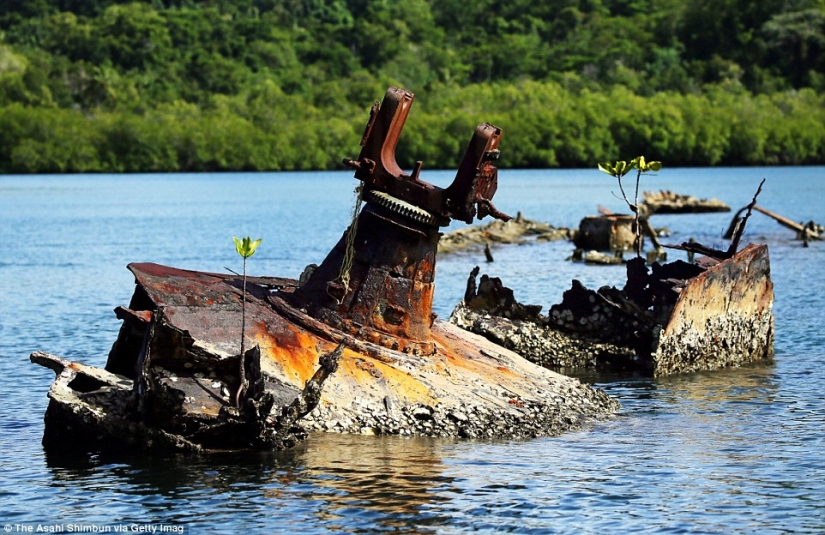
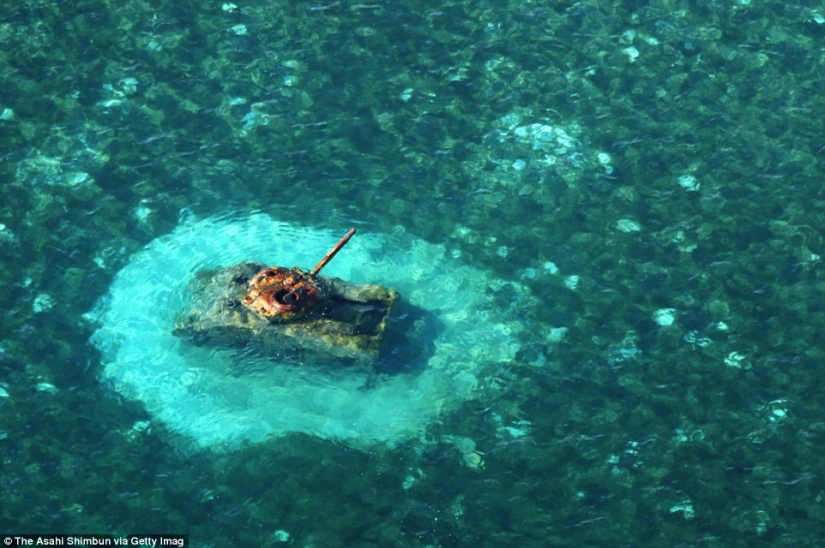
American tank M4 "Sherman" in the shallow waters off the coast of Saipan, Northern Mariana Islands.
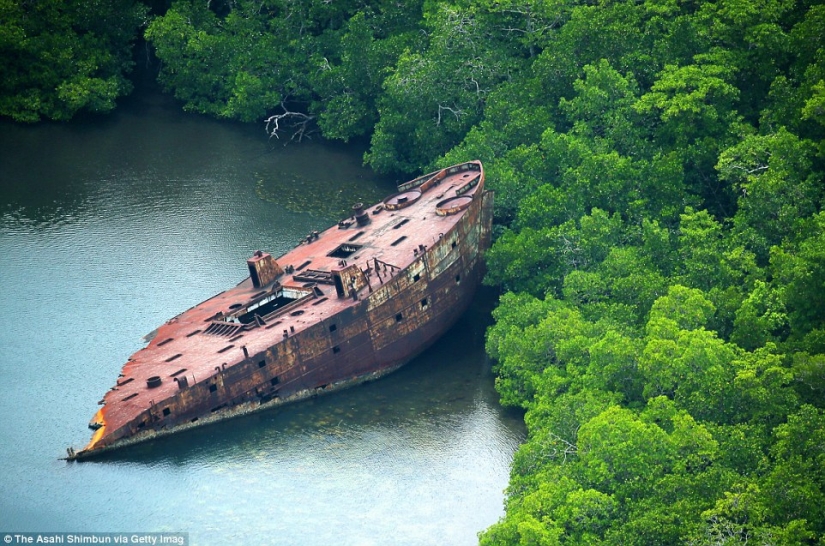
The wreckage of an American cargo ship stuck off the coast of the Islands of Nggela, Solomon Islands.
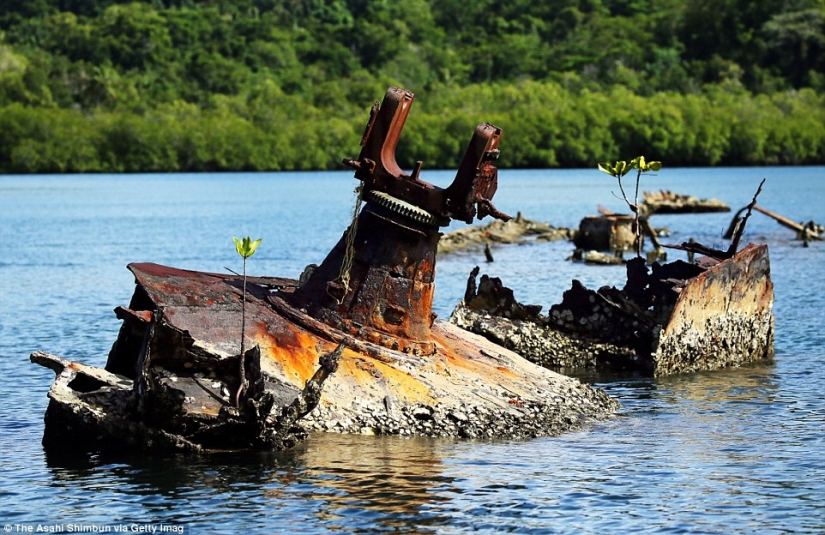
Mangrove trees have sprouted through the wreckage of destroyer of the Imperial Japanese Navy "Kikuzuki" in Tokyo Bay, nggela Islands, Solomon Islands.
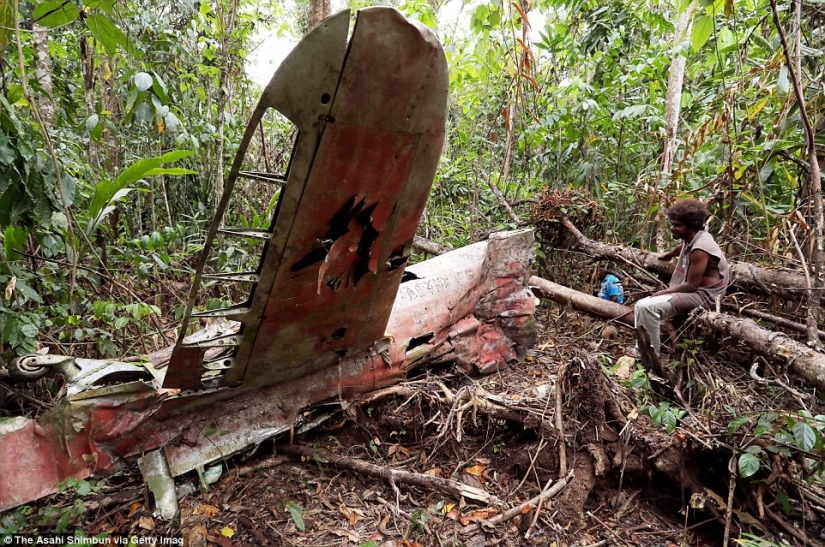
Remains of Japanese military aircraft "zero" in the jungle Islands of Guadalcanal, Solomon Islands.
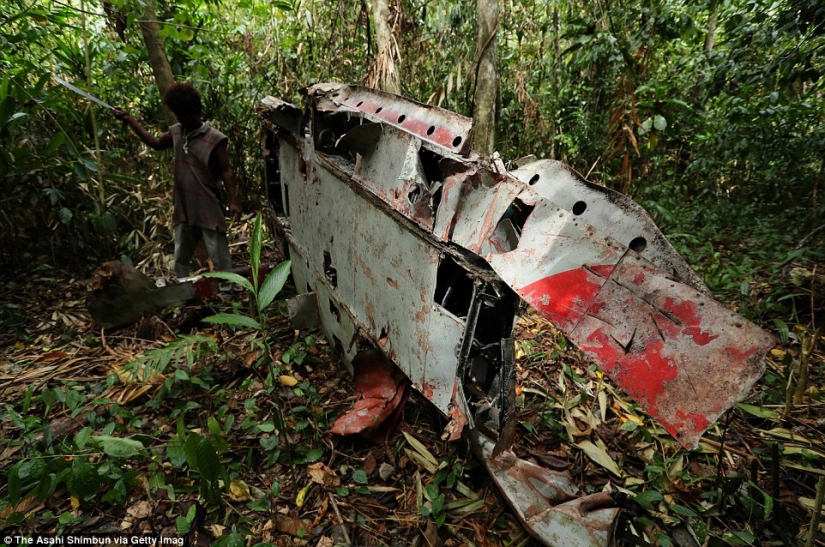
Japanese fighter "zero" on the island of Guadalcanal, Solomon Islands.
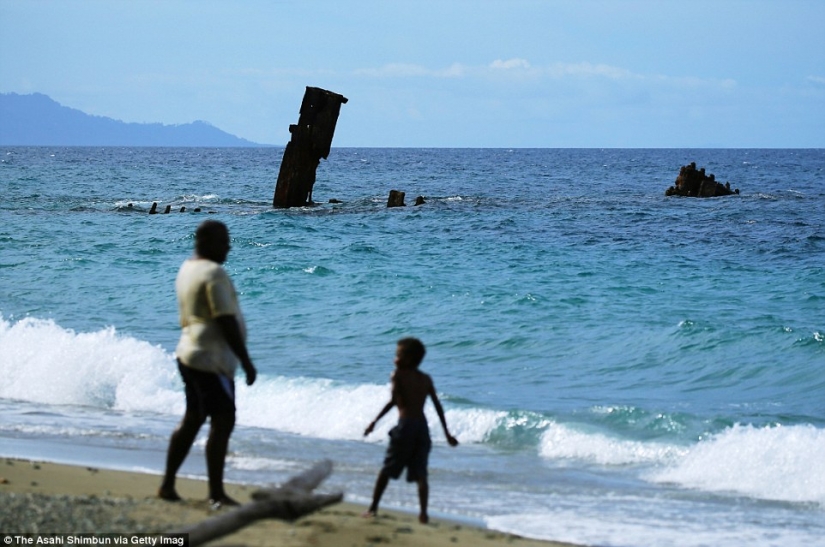
Local people play and walk near the wreckage of the transport ship of the Imperial Japanese Navy "Kinugawa Maru" on the beach Tassafaronga the island of Guadalcanal, Solomon Islands.
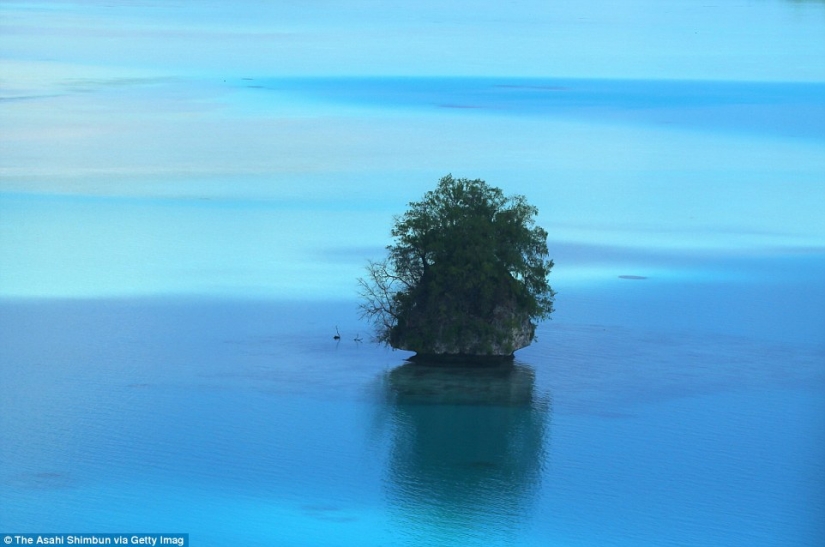
A top view of one of the Rocky Islands of Palau.
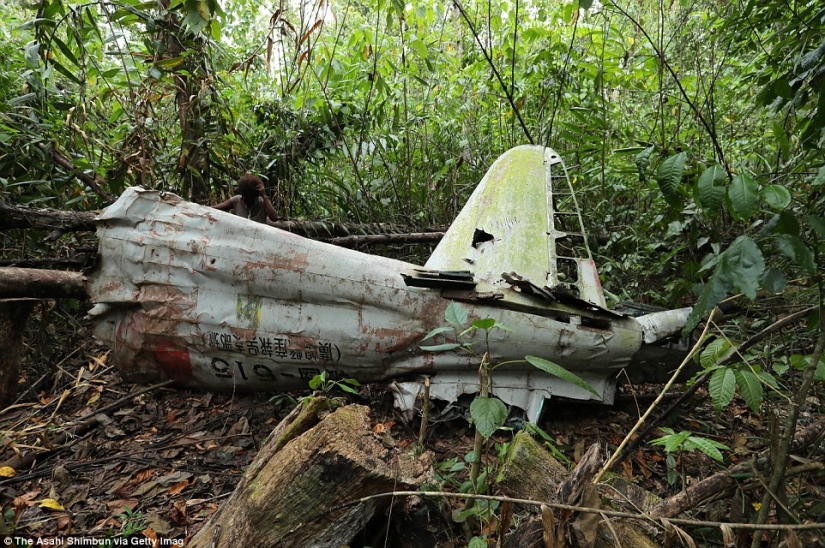
The wreckage of a Japanese fighter "zero" in the forest on the island of Guadalcanal, Solomon Islands.
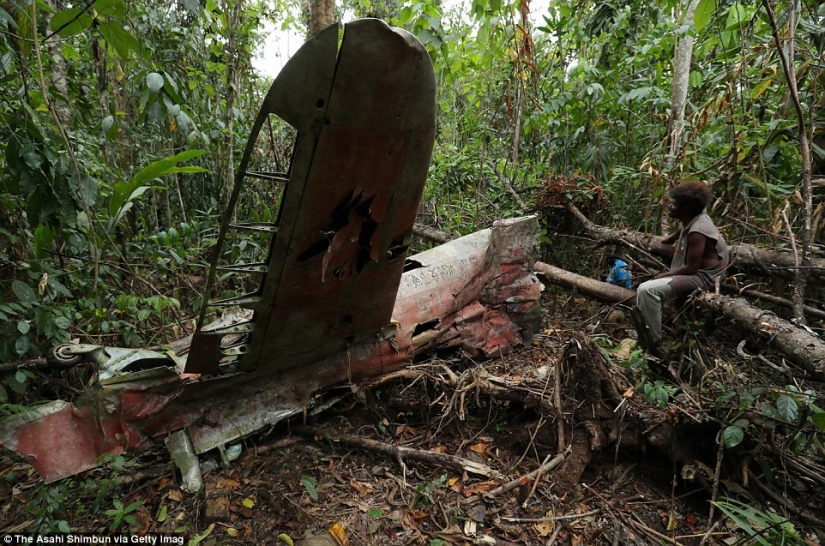
Wing of a Japanese fighter and sticking in the dense jungle of the island of Guadalcanal.
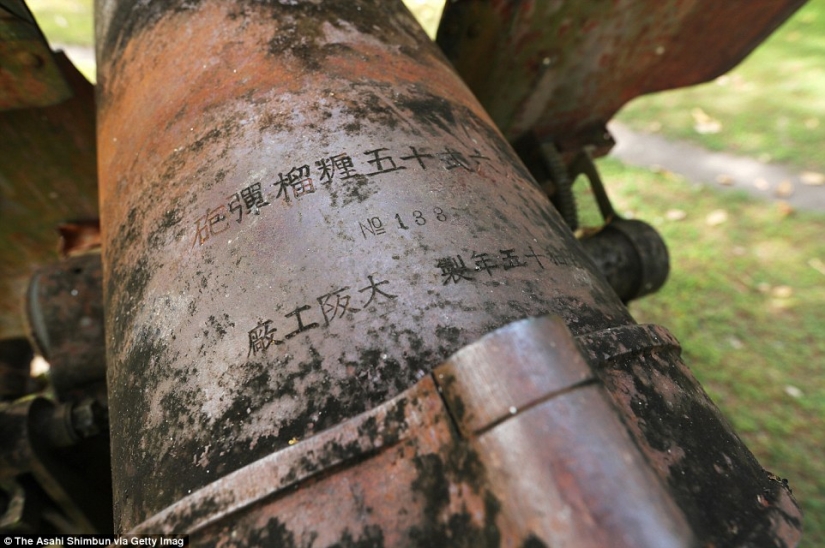
150-mm howitzer the Japanese "Type 96" in the forests of the island of Guadalcanal.
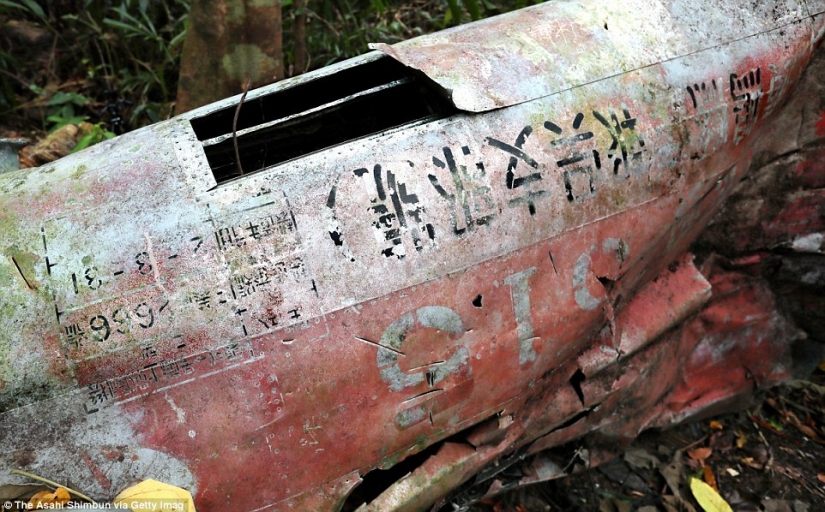
Japanese fighter "zero" closeup.
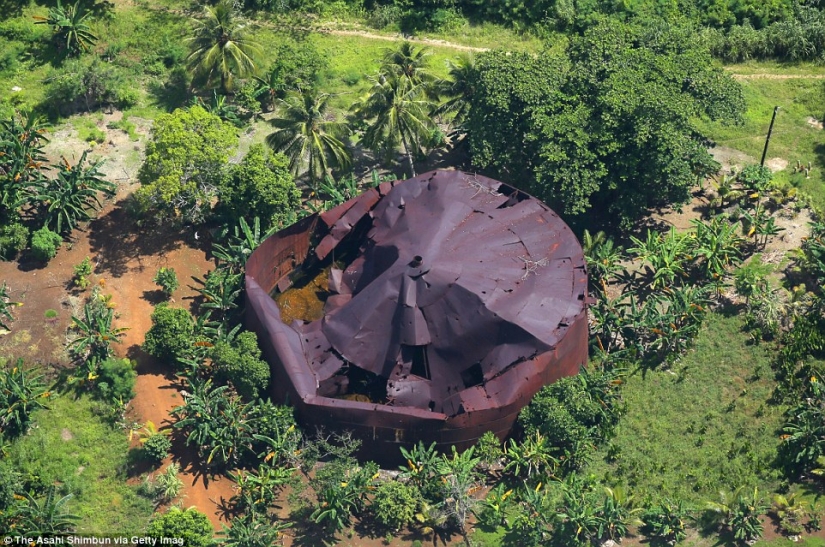
Traces of world war II in the jungle island of Guadalcanal.
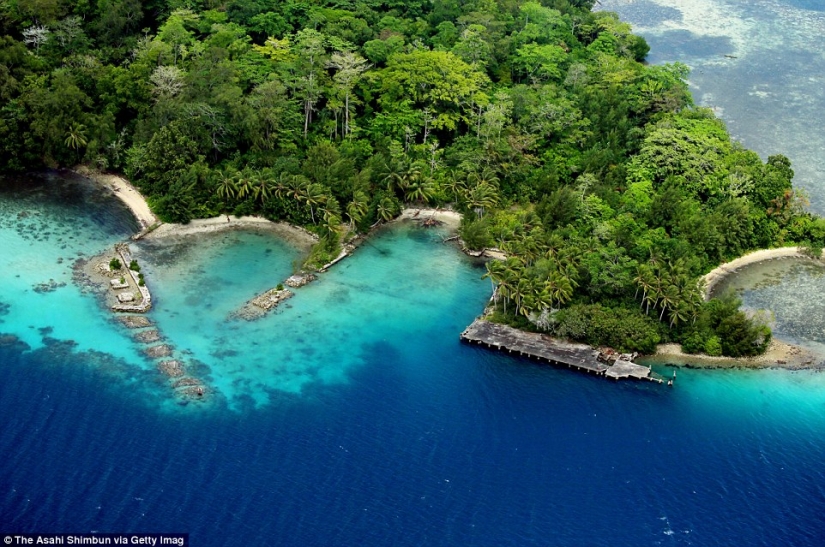
Almost flooded pier used by ships of the Imperial Japanese Navy during the Second world war, the island Gavutu, Solomon Islands.
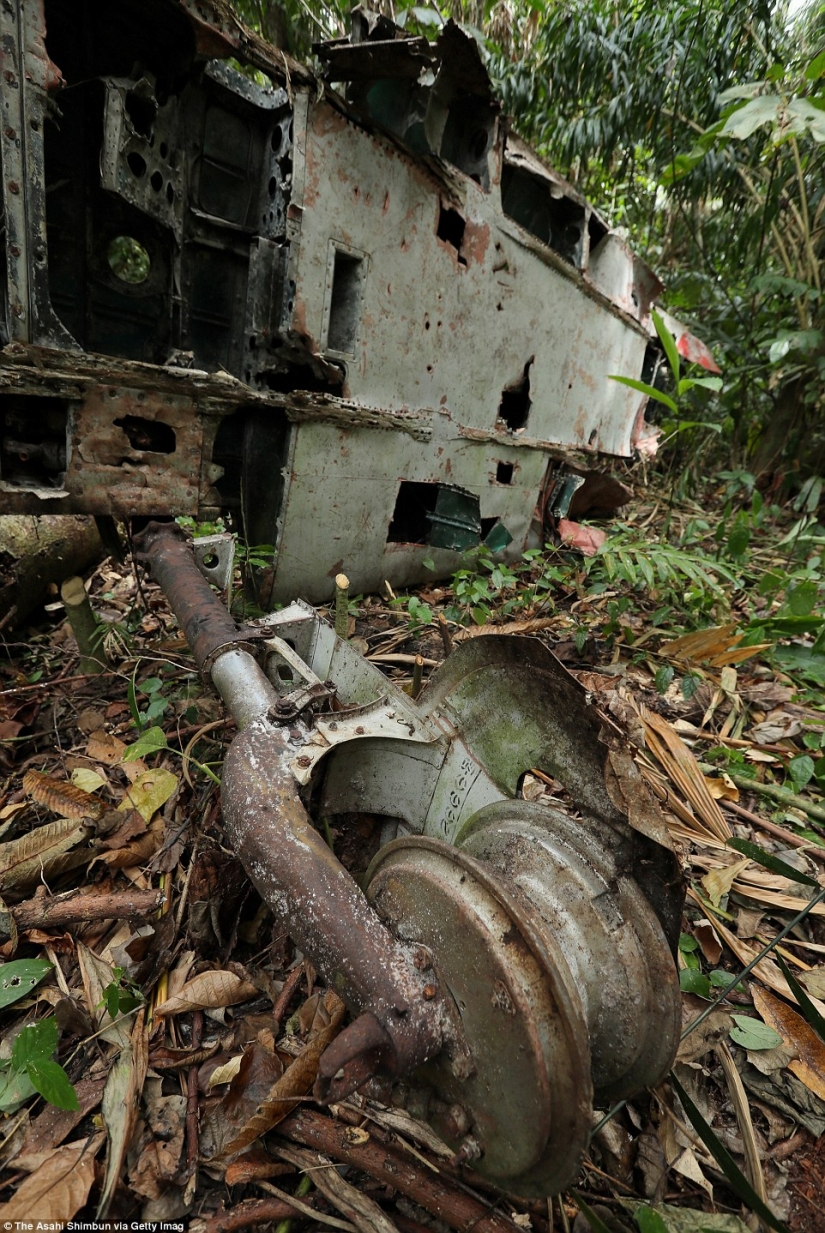
The chassis of the Japanese fighter.
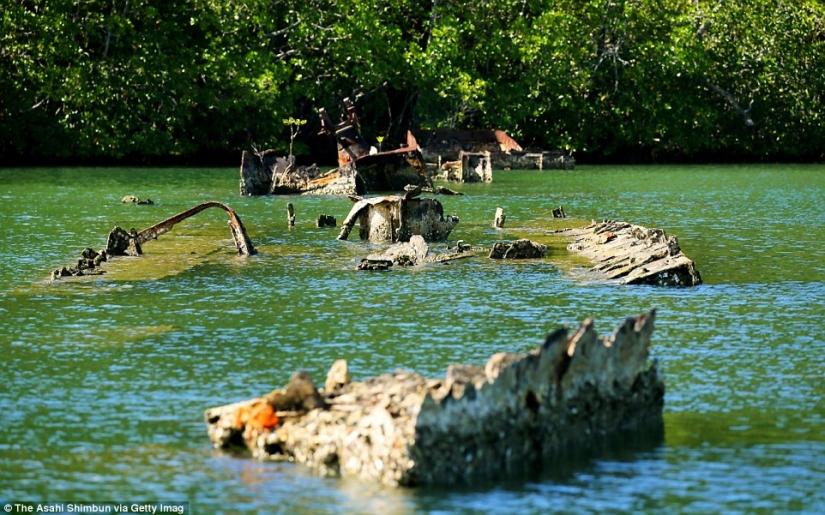
Destroyer of the Imperial Japanese Navy "Kikuzuki" off the coast of the Islands of Nggela, Solomon Islands.
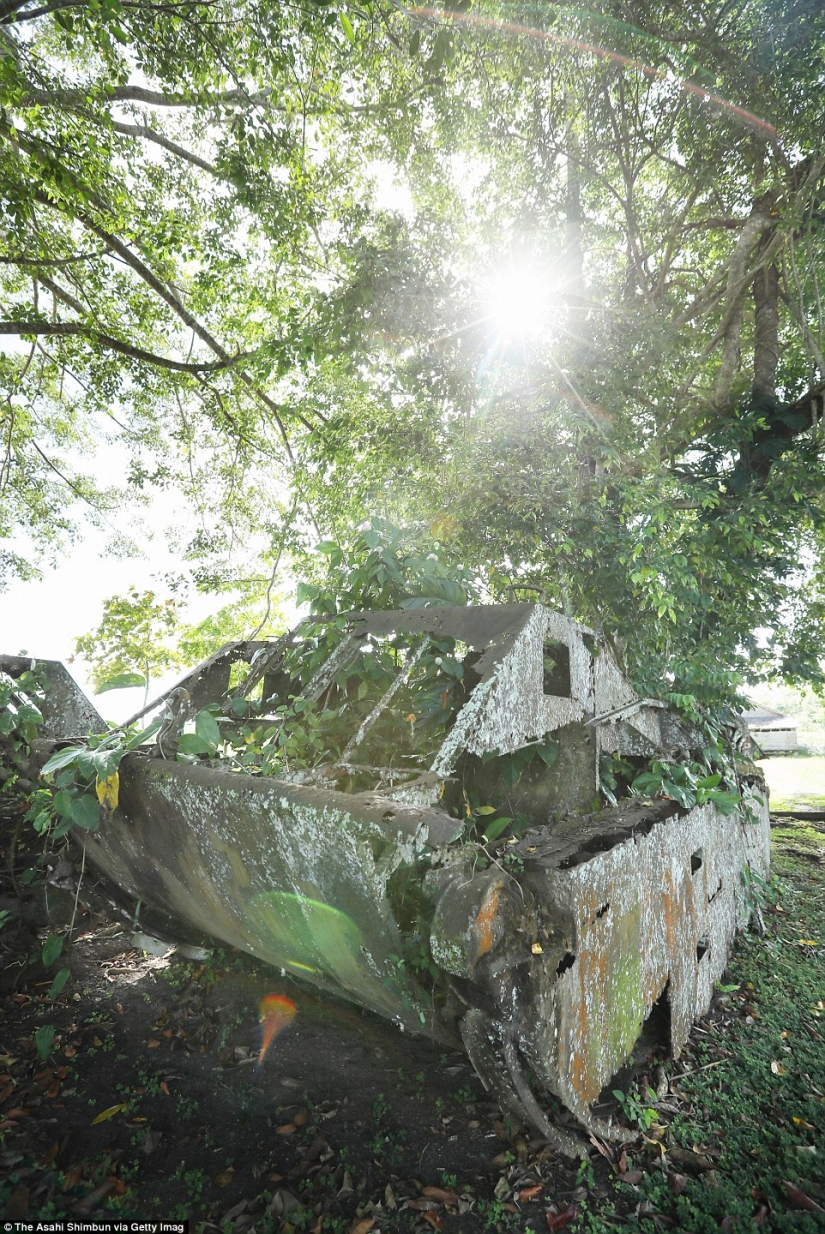
Amphibious all-terrain vehicle United States marine corps on the island of Guadalcanal.
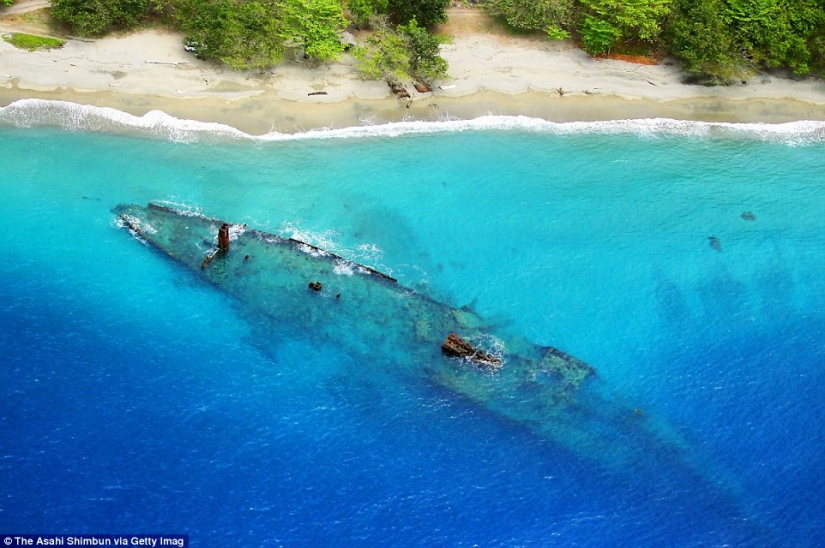
Japanese transport ship "Kinugawa Maru" at the shore of the island of Guadalcanal.
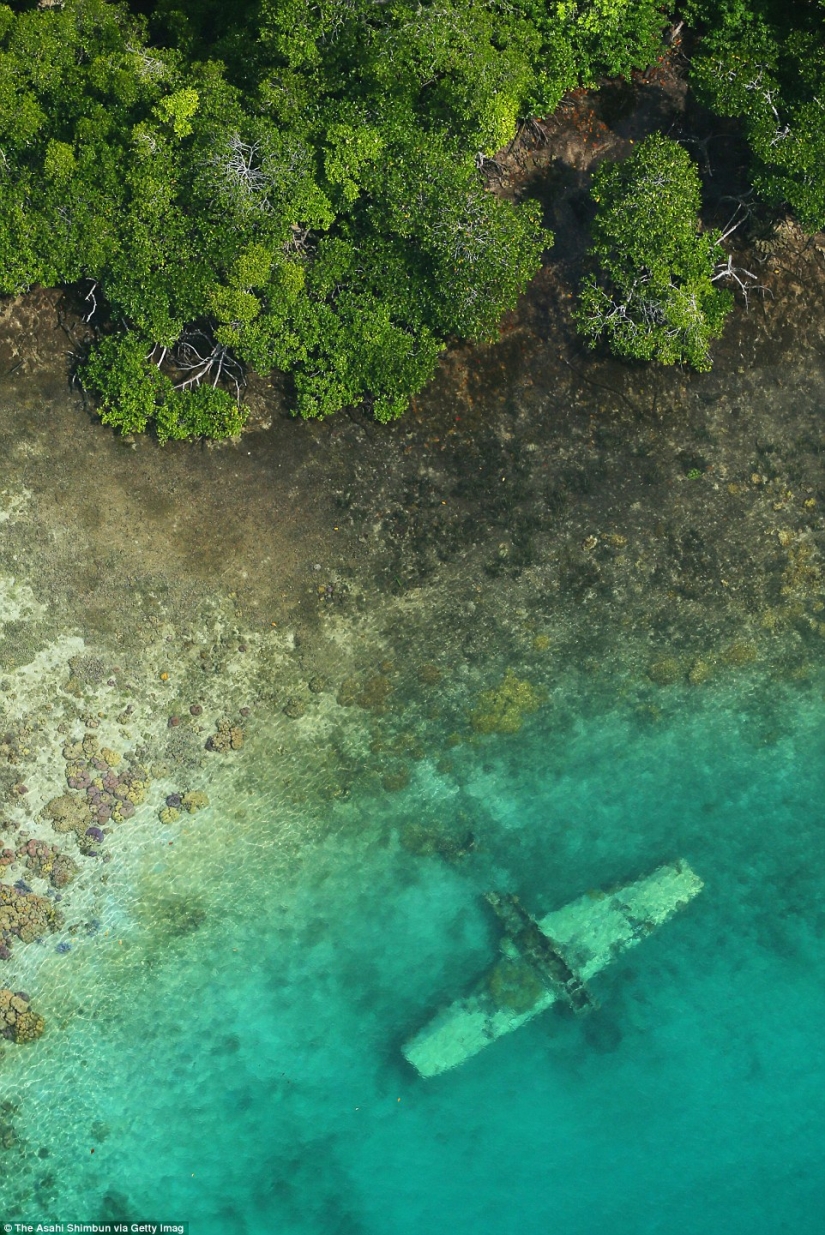
Flooded Japanese reconnaissance aircraft.
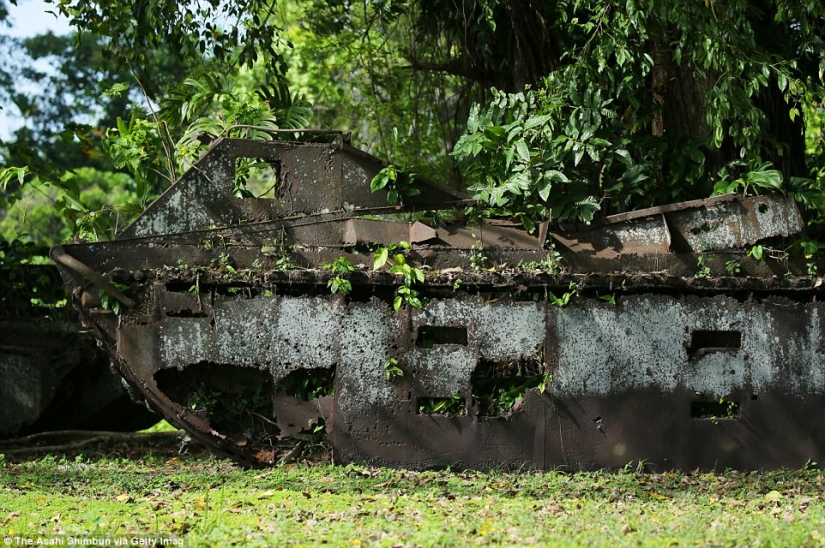
The wreckage of American vehicles-amphibians in the jungles of Guadalcanal.
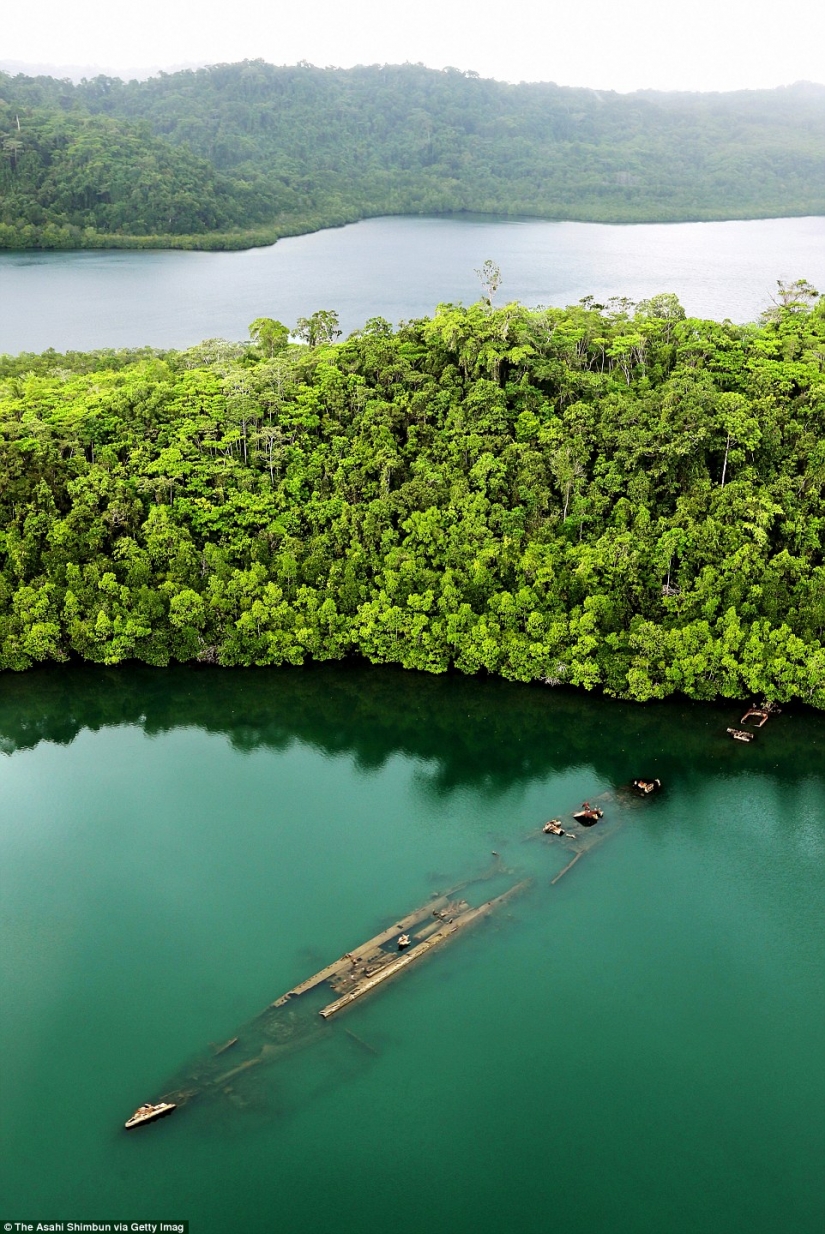
The on sunken Japanese destroyer "Kikuzuki".
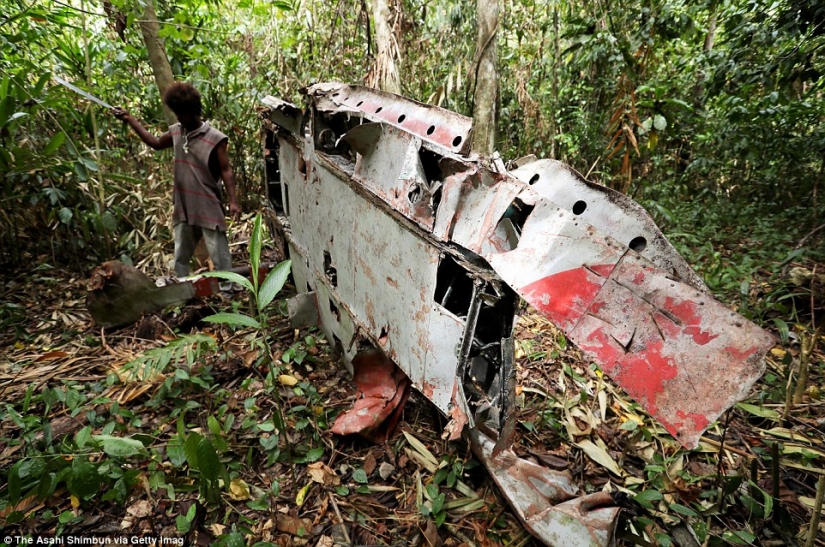
The wreckage of a Japanese aircraft.
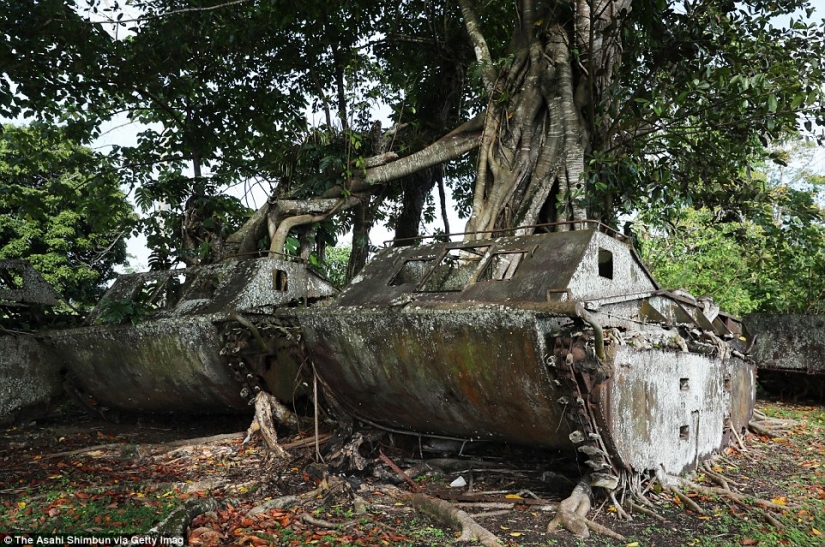
What is left of the American all-terrain vehicles-amphibious in the jungle.
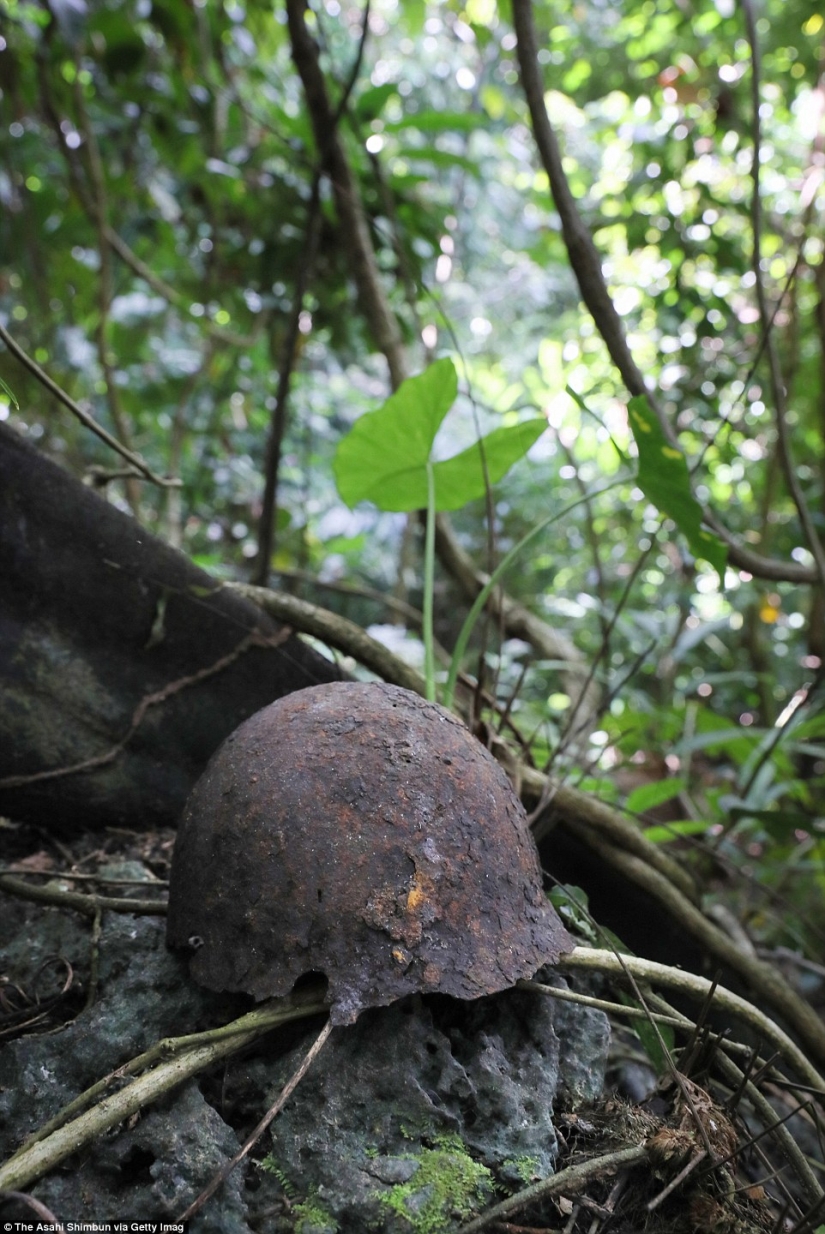
The helmet of a Japanese soldier in the jungles of Guadalcanal.
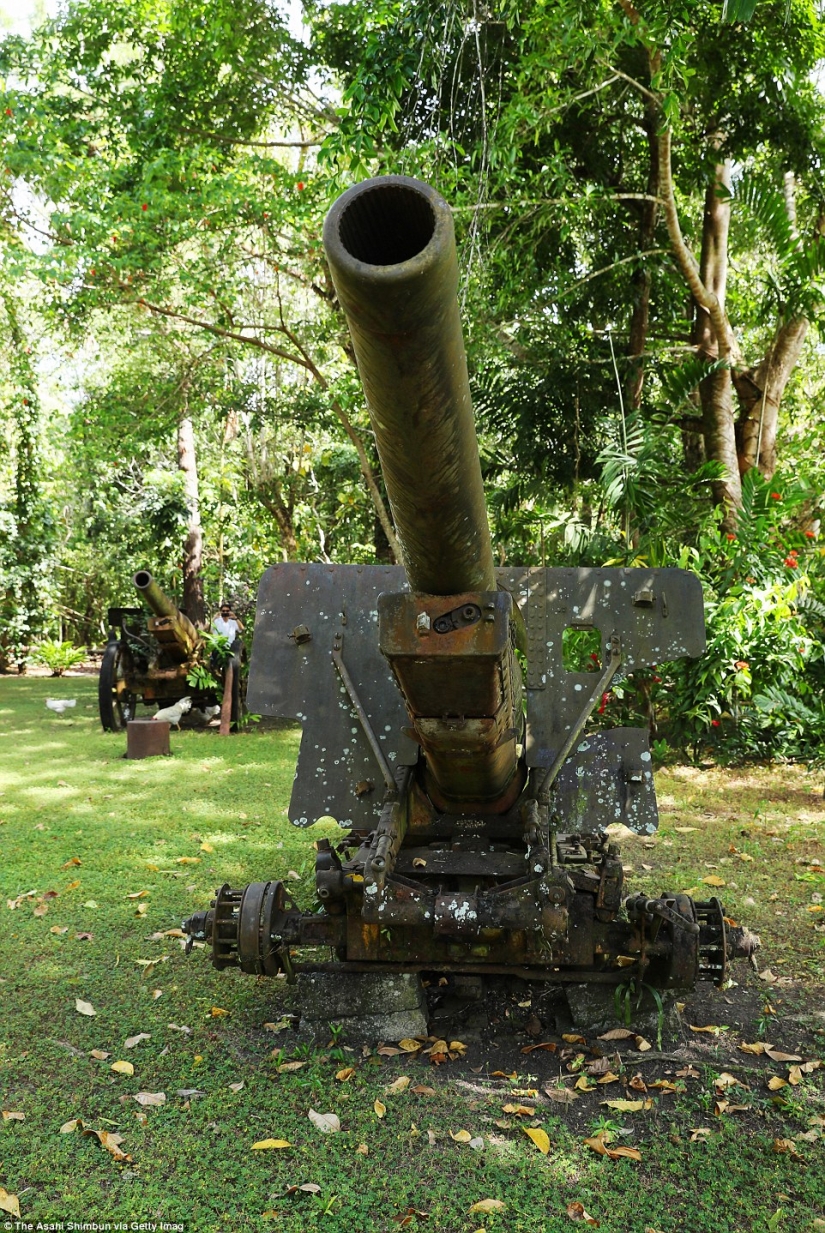
150-mm howitzer the Japanese "Type 96".
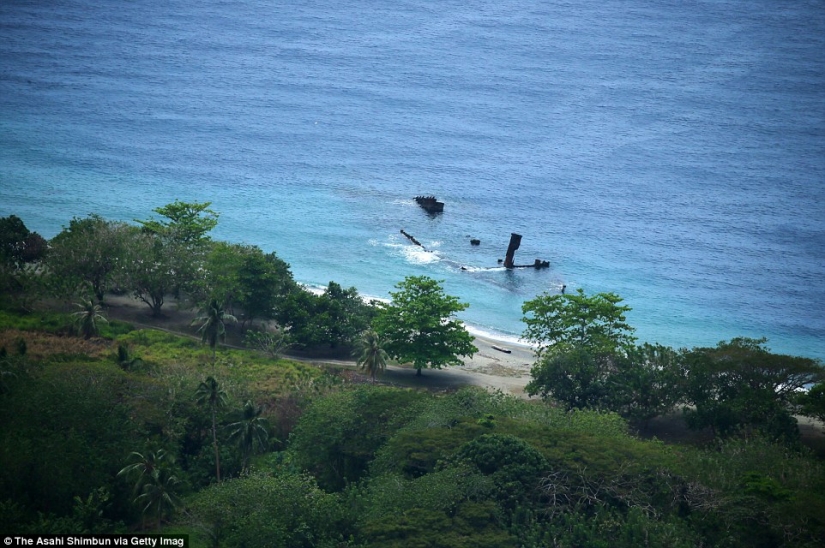
Transport ship "Kinugawa Maru" view from a height.
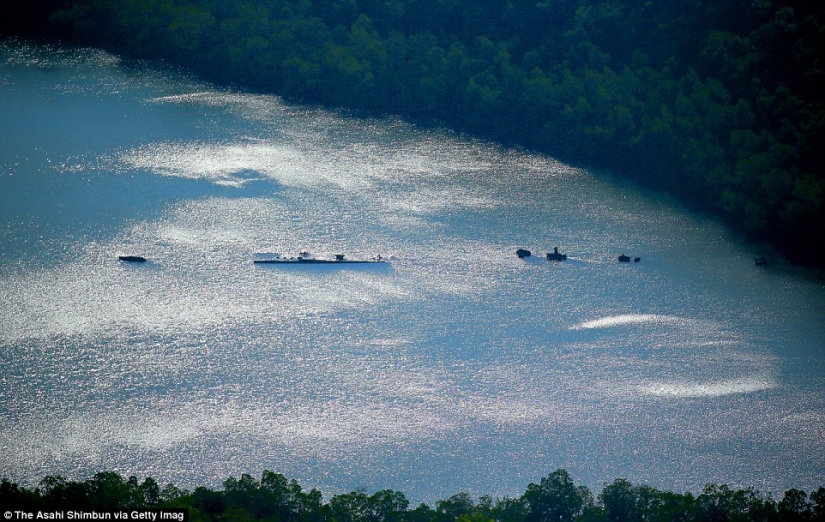
The wreckage of a Japanese warship "Kikuzuki".
Keywords: Fighting the Second World war | The Second World war | Ships | Wreckage | Island | Planes | Tanks | Pacific ocean
Post News ArticleRecent articles

It's high time to admit that this whole hipster idea has gone too far. The concept has become so popular that even restaurants have ...

There is a perception that people only use 10% of their brain potential. But the heroes of our review, apparently, found a way to ...
Related articles

The death of over a million people in the death camp Auschwitz (Auschwitz-Birkenau) — a terrible page in the history of the ...

Everyone knows the names of travelers since the Great geographical discoveries. What about those who are not so lucky, who did not ...

World war II was circling in the vortex of such masses of people that we are still a very long time we discover new characters. ...

New Year's is a time to surprise and delight loved ones not only with gifts but also with a unique presentation of the holiday ...